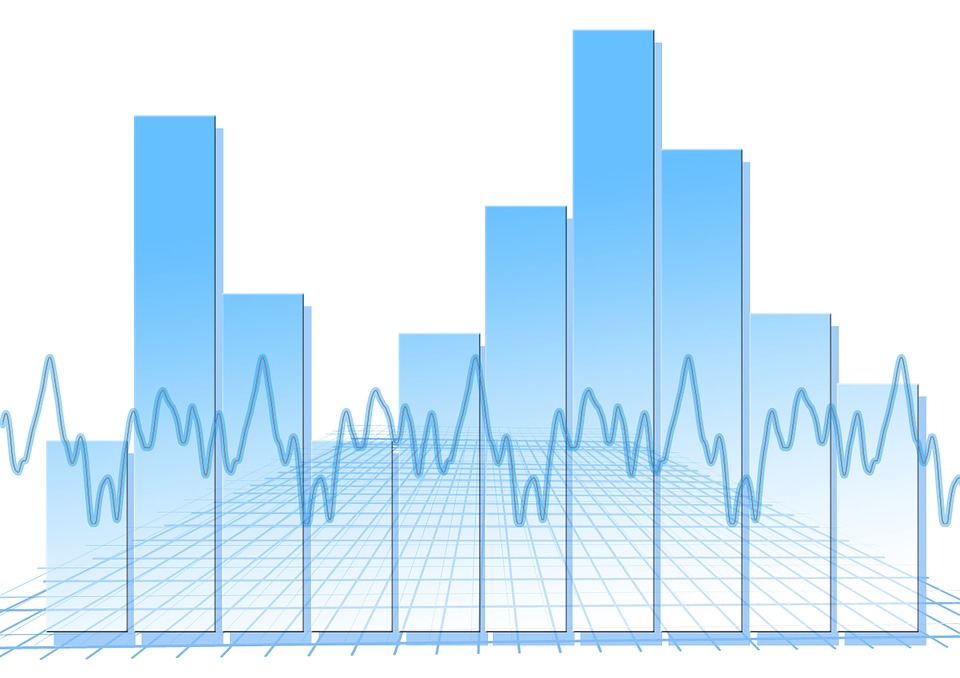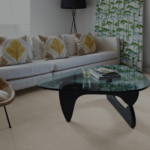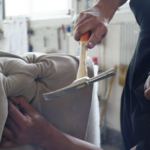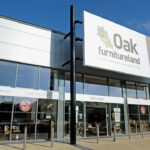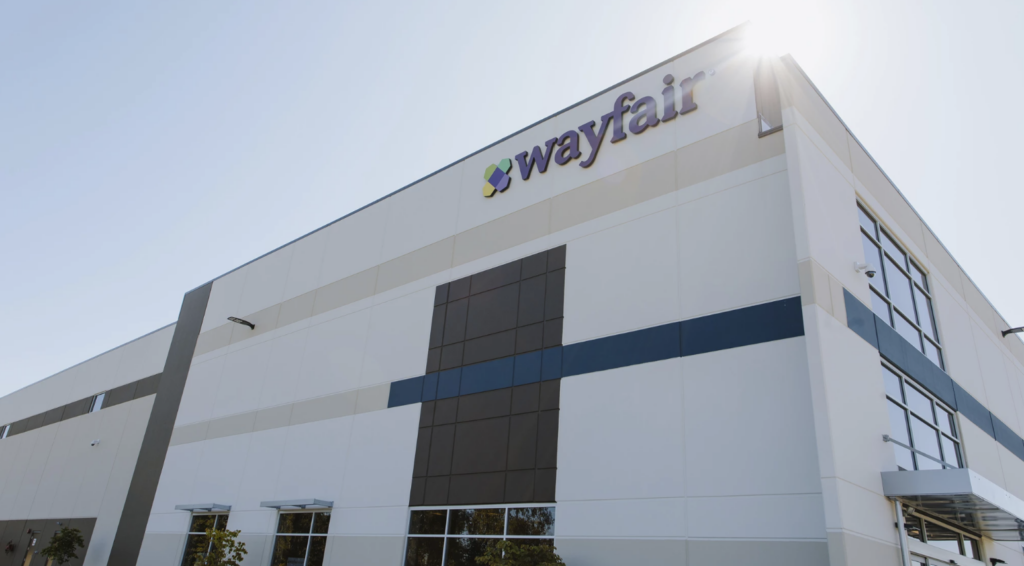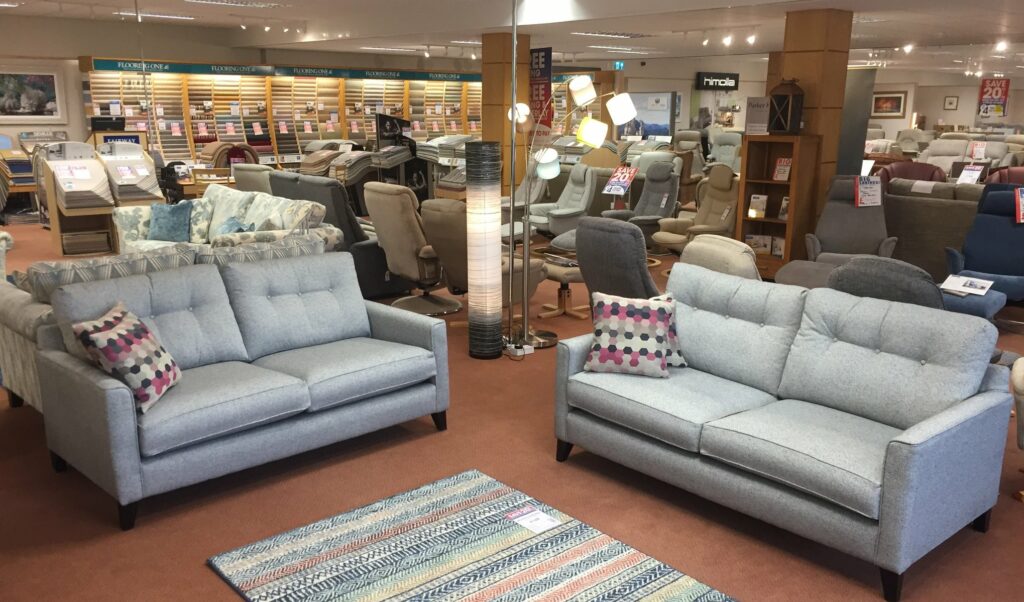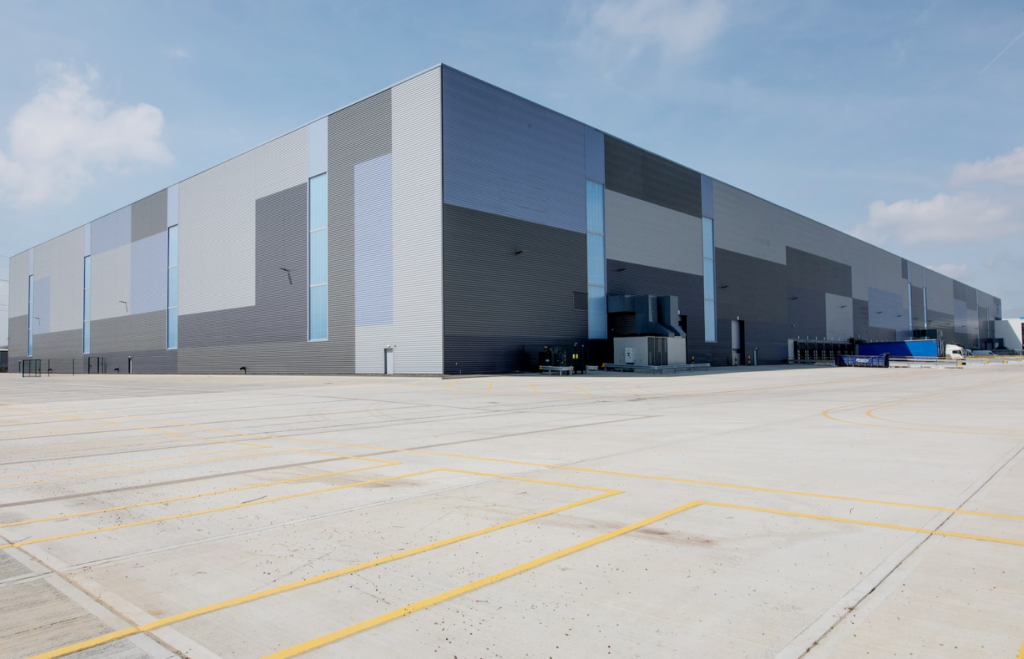Furniture prices remained high during July as overall inflation rose to another record high.
According to the latest Office for National for National Statistics (ONS) data, the Consumer Prices Index (CPI) rose by 10.1% in the 12 months to July 2022, up from 9.4% in June.
The rate has risen sharply over recent months and the July figure was the highest annual CPI inflation rate in the National Statistic series, which began in January 1997.
Furniture and furnishing prices stood at 14.8% in July, down from 16.3% in June, while rising from 6.7% compared to the same month last year.
The retail price of household furniture decreased to 15.1% in the month from 16.6% in June, while rising from 6.9% last year.
Garden furniture prices stood at a rate of 21.1%, down from 25.5% on last month, while carpets and other floorcoverings prices were at a rate of 4.9%, down from 7% the previous month and 7% last year.
Other household textile prices, including furnishings fabrics, curtains and bedding, saw a rate of 5.6%, up from 5% the previous month, as well as increasing from 0.5% from July 2021.
Meanwhile, Producer Price Inflation (PPI) saw the rate of furniture output prices, factory gate, rise 10.6% in July on the same month in 2021, while also up from a rise of 9.8% in June.
Furniture input prices, material cost of production, were up 16.4% in July on the same month last year, while down from a rise of 20.8% the previous month.
Overall, producer input prices rose by 22.6% in the year to July 2022, down from a record high of 24.1% in the year to June 2022.
Producer output (factory gate) prices rose by 17.1% in the year to July 2022, up from 16.4% in the year to June 2022; this is the highest the rate has been since August 1977.
On the month, the rate of input inflation was 0.1% in July 2022, down from 1.8% in June 2022, while the rate of output inflation was 1.6% in July 2022, up from 1.4 in June 2022.
Commenting on the inflation figures for May, ONS Chief Economist Grant Fitzner said: “A wide range of price rises drove inflation up again this month. Food prices rose notably. Price rises in other staple items, such as pet food, toilet rolls, toothbrushes and deodorants also pushed up inflation in July.
“Driven by higher demand, the price for package holidays rose, after falling at the same time last year while air fares also increased.
“The cost of both raw materials and goods leaving factories continued to rise, driven by the price of metals and food respectively.”
Helen Dickinson, Chief Executive of the British Retail Consortium, added: “Consumers had little respite from the cost of living squeeze as prices rose again in July. Soaring household bills and transport costs remain the biggest headache, holding back discretionary spending across the UK as real incomes continued to fall.
“Retailers are trying to support their customers by expanding value ranges, fixing prices for some essential goods, offering discounted kids meals, and providing discounts for vulnerable groups. However, the sheer weight of costs bearing down on the industry and its supply chains has been proving impossible to fully absorb.
“With inflation showing little sign of slowing, retailers could face a 10% hike in their business rates bill in the coming year. This would impose a cost-nightmare of hundreds of millions of pounds on retailers who are already struggling with razor-thin margins. The next Prime Minister must act, freezing the multiplier to avoid placing a further burden on retailers, and the customers they serve.”


